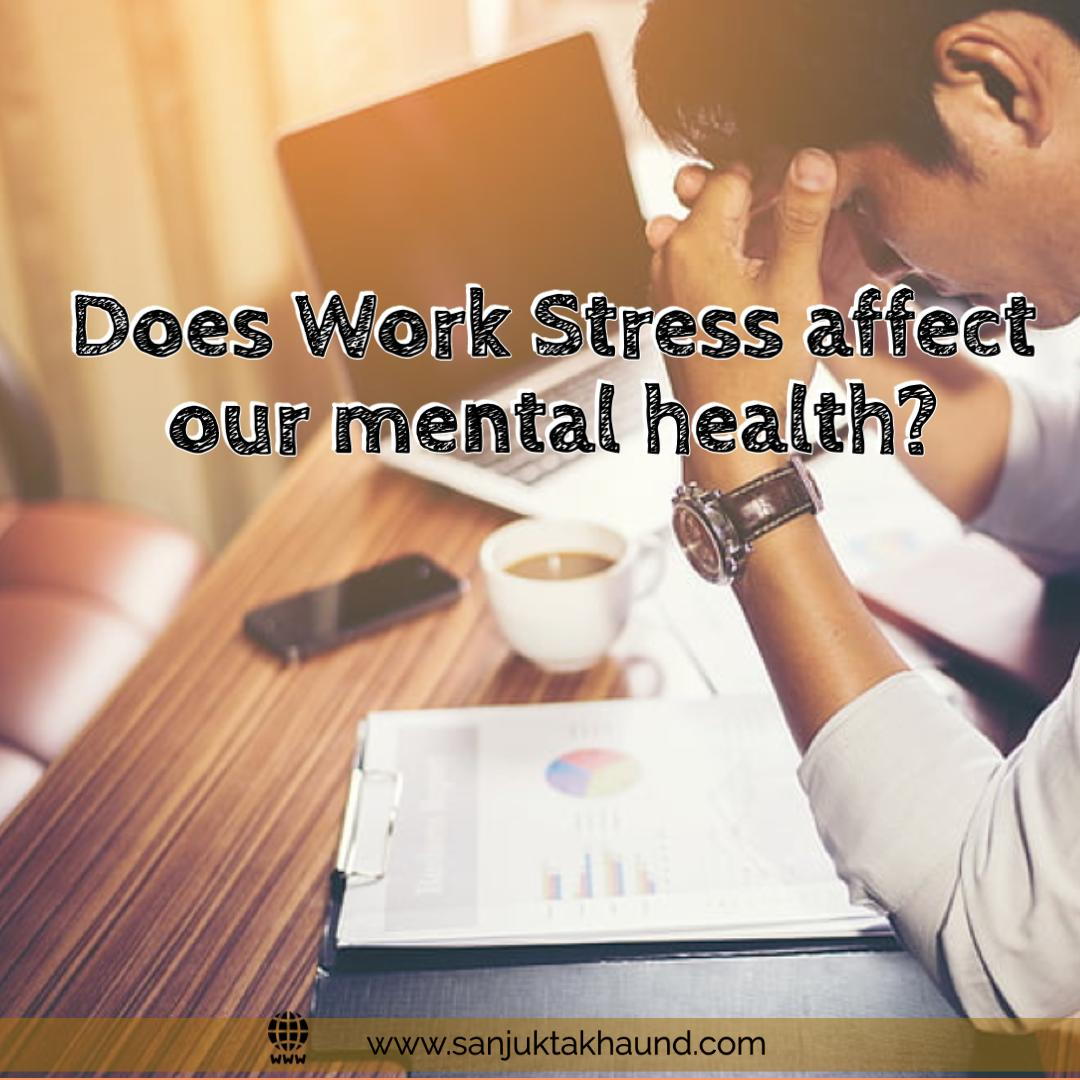
You are not the only one rocking the boat with work-related stress. Amongst the dozen other people, you will find a friend or two who is also going through the same thing.
Scientific studies have shown that stress can indeed play havoc on our mental health. Work-related stress can affect us emotionally and mentally.
According to a study published in the journal of BMC Public Health, employees at senior positions with multiple responsibilities have higher work stress levels compared to employees lower on the hierarchy. The study concluded that the higher the stress levels, the more it affected the employees’ well-being and mental health.
Stress can feel overwhelming & all-consuming. But, here’s the good news, we have some coping tips for you which will not only help you manage stress but also compartmentalize it so that you don’t overwhelm yourself:
- Journal - Start a journal or maintain an old one. Journaling can help us gain perspective about the conditions in our external & internal environment which are our stressors.
- Prioritize and organize – Start your day early. Running late will only increase your stress levels. Break projects and tasks into smaller steps. Focus your attention on one small task at a time, rather than taking on everything at once. Have set work hours & stick to them. Make a realistic work schedule. Don’t overburden yourself by taking on more work than you can manage. Learn to say ‘no’
- Pick a Relaxing Activity. You can come up with a relaxing activity of your own such as meditating at your desk, doing breathing exercises, de-stressing in your free time by listening to soothing music.
- Get Regular Exercise. If you are not a fan of jogging in the morning or going to the gym then get whatever exercise feels enjoyable to you such as swimming, playing a sport, cycling, etc. Your workout routine should last for at least 30 minutes.
- Get Enough Sleep. Sleepless nights can disrupt your circadian rhythm, which will throw you in a vortex of worrying thoughts. For restful sleep at night, make sure your bedroom’s environment is conducive to sleep. Also, you may include one of these relaxation techniques such as listening to music, sleep meditation, deep breathing, taking a hot bath, etc. in your pre-sleep routine.
- Take Control. When a situation gets out of control, your stress hormones start acting up. Instead of worrying over the problem, work on finding a solution. Seek help to share the burden on your shoulders and you will find yourself much more grounded. Reaching out for help & speaking out your heart is one of the most effective ways to cope with chronic stress.
So, the verdict is ― Yes, work stress does affect our mental health but the good news is, it can be managed with a little bit of work! :)
